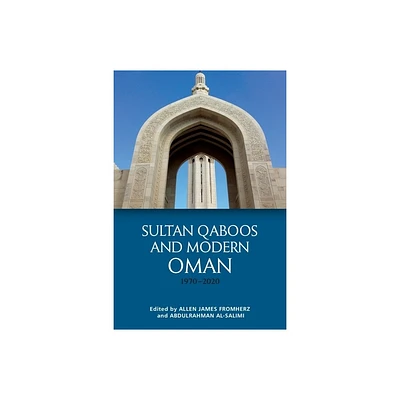Home
Pull Hard!: Finding Grit and Purpose on Cougar Crew, 1970-2020
Loading Inventory...
Barnes and Noble
Pull Hard!: Finding Grit and Purpose on Cougar Crew, 1970-2020
Current price: $29.95


Barnes and Noble
Pull Hard!: Finding Grit and Purpose on Cougar Crew, 1970-2020
Current price: $29.95
Loading Inventory...
Size: OS
*Product Information may vary - to confirm product availability, pricing, and additional information please contact Barnes and Noble
"Look at what you guys have started…come back here in fifty years and you won't believe what this has grown into."legendary Husky rowing coach Dick Erickson in 1973, to Cougar rowers after a disappointing season of losses
Half a century ago, Washington State University (WSU) civil engineering student Rich Stager watched Olympic rowers compete on television. Captivated, he decided to see if there would be any interest in the sport on campus. Sixty-three students and three potential advisors attended the inaugural meeting and founded the WSU Rowing Club.
With help from the U.S. Army Corps of Engineers and WSU architecture students, the fledgling organization completed a boathouse in the spring of 1971. University of Washington coach Dick Erickson donated two well-worn practice shells, the 101 and the Winlock W. Miller. Few in the club had ever rowed, but they held their first race, pitting lower classmen against upper classmen, on April 22, 1972. A women's squad followed in 1974.
The only varsity club on campus, Cougar Crew became a scrappy, tightly knit, intensely dedicated group. Enamored by the sheer grit of the physical challenges, the strong camaraderie, and the thrilling sensation of perfectly synchronized strokes, they continued to squeeze into vehicles and rattle through miles of wheat fields to the Snake River. For many, the experience was transformative.
Athletics provided no funds, so the crew held an endless crusade of fundraisersrunning car washes, selling buttons, and cleaning up after sporting eventswhile coaches agreed to work for a pittance, if they were paid at all. They also faced tragediesincluding a heartbreaking fatal car crash and a savage windstorm that destroyed their first boathouse. Still, the team soon reveled in Pac-10 and national championships, 1979 Pac-10 Coach of the Year, and two former rowers who won Olympic Gold. Told by former WSU oarsman David Arnold, this is the captivating story of their first fifty years.
Half a century ago, Washington State University (WSU) civil engineering student Rich Stager watched Olympic rowers compete on television. Captivated, he decided to see if there would be any interest in the sport on campus. Sixty-three students and three potential advisors attended the inaugural meeting and founded the WSU Rowing Club.
With help from the U.S. Army Corps of Engineers and WSU architecture students, the fledgling organization completed a boathouse in the spring of 1971. University of Washington coach Dick Erickson donated two well-worn practice shells, the 101 and the Winlock W. Miller. Few in the club had ever rowed, but they held their first race, pitting lower classmen against upper classmen, on April 22, 1972. A women's squad followed in 1974.
The only varsity club on campus, Cougar Crew became a scrappy, tightly knit, intensely dedicated group. Enamored by the sheer grit of the physical challenges, the strong camaraderie, and the thrilling sensation of perfectly synchronized strokes, they continued to squeeze into vehicles and rattle through miles of wheat fields to the Snake River. For many, the experience was transformative.
Athletics provided no funds, so the crew held an endless crusade of fundraisersrunning car washes, selling buttons, and cleaning up after sporting eventswhile coaches agreed to work for a pittance, if they were paid at all. They also faced tragediesincluding a heartbreaking fatal car crash and a savage windstorm that destroyed their first boathouse. Still, the team soon reveled in Pac-10 and national championships, 1979 Pac-10 Coach of the Year, and two former rowers who won Olympic Gold. Told by former WSU oarsman David Arnold, this is the captivating story of their first fifty years.















